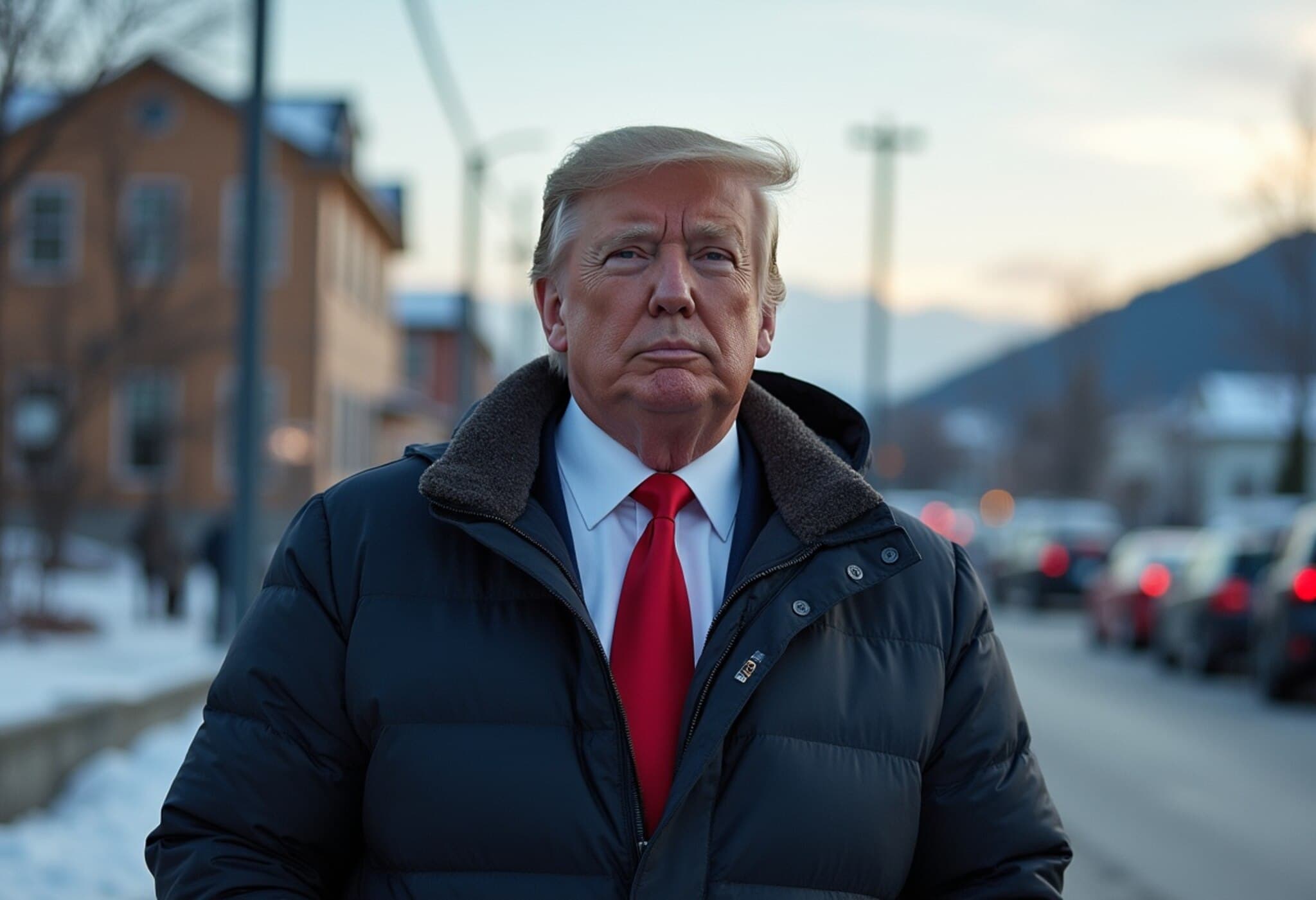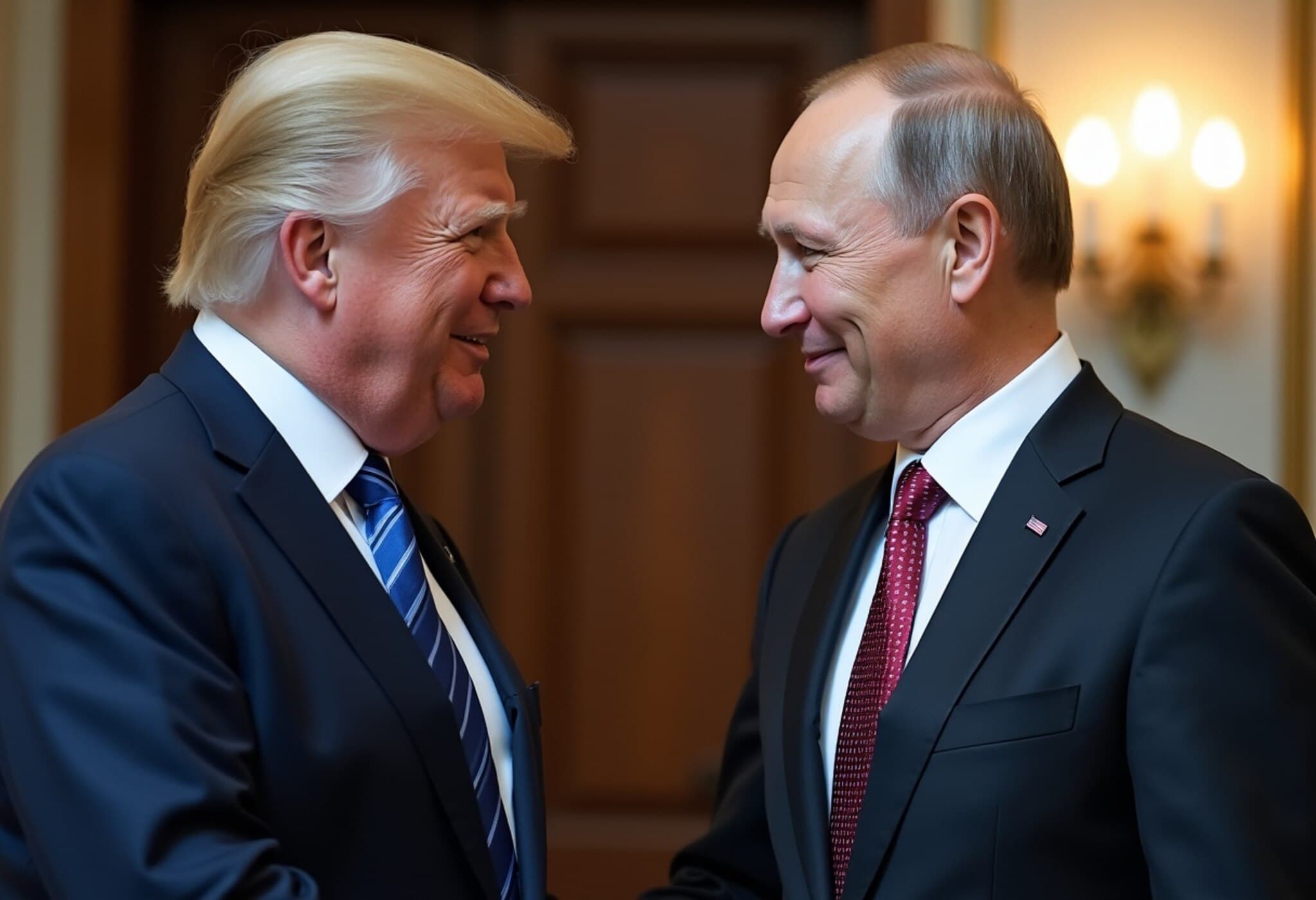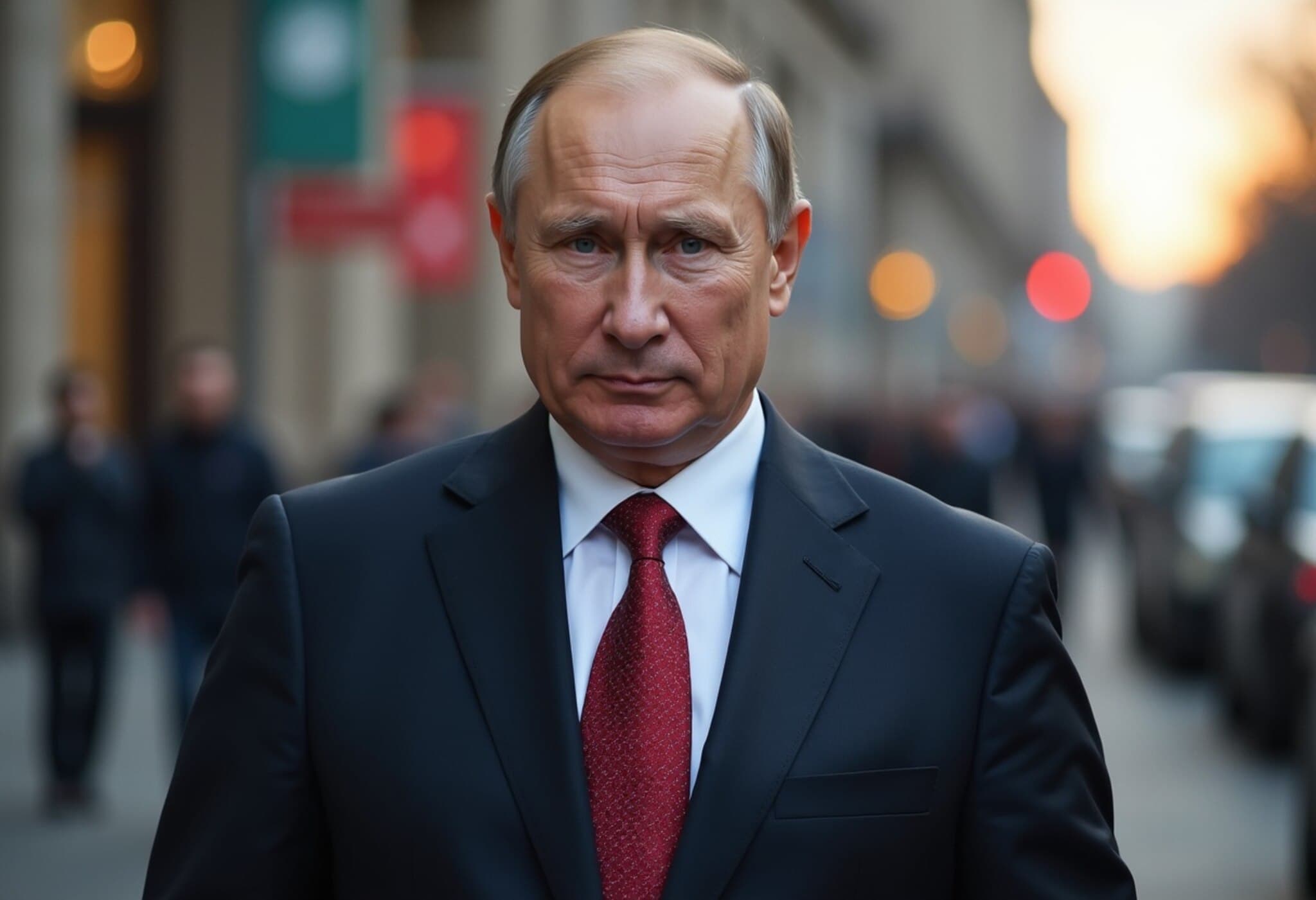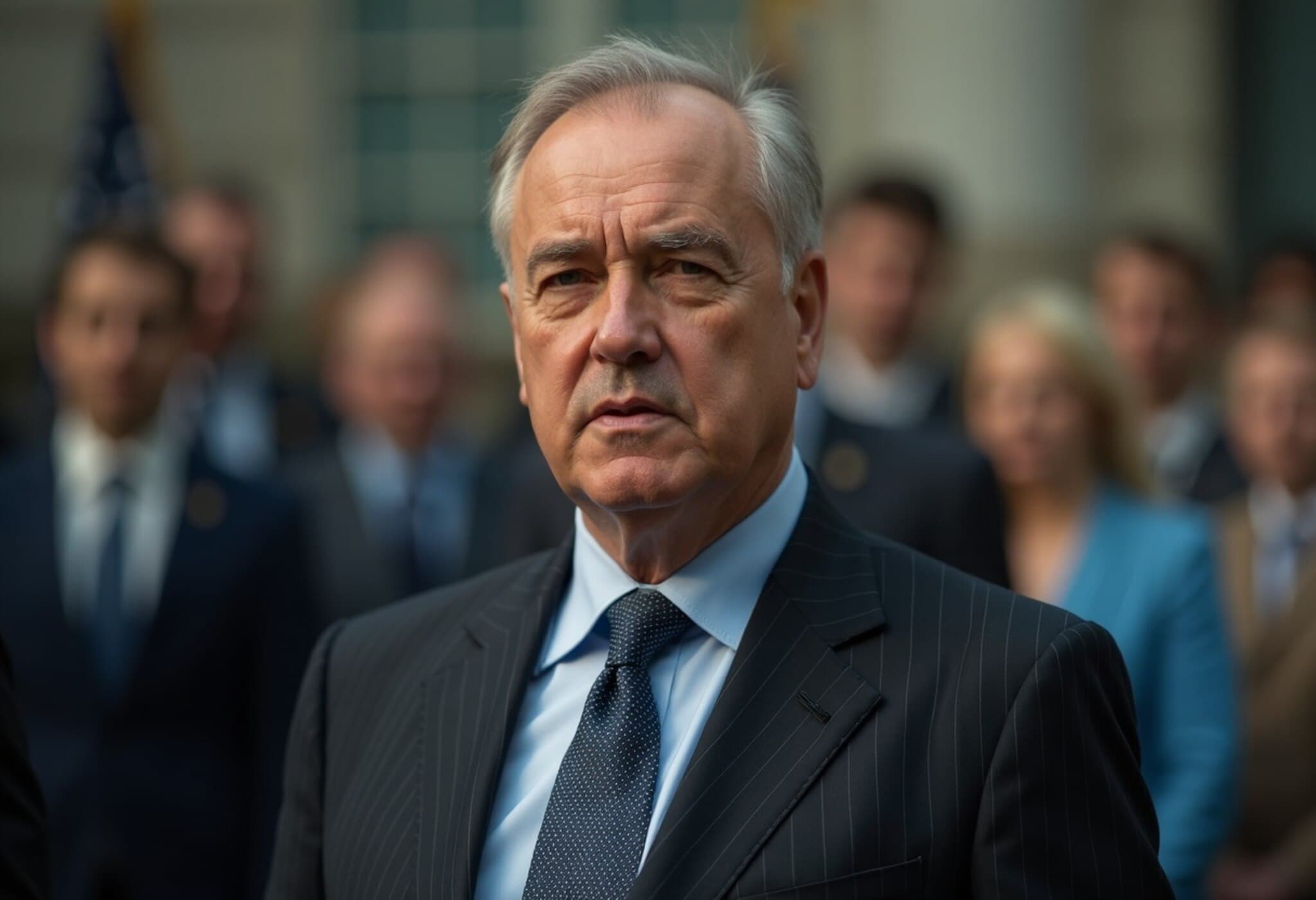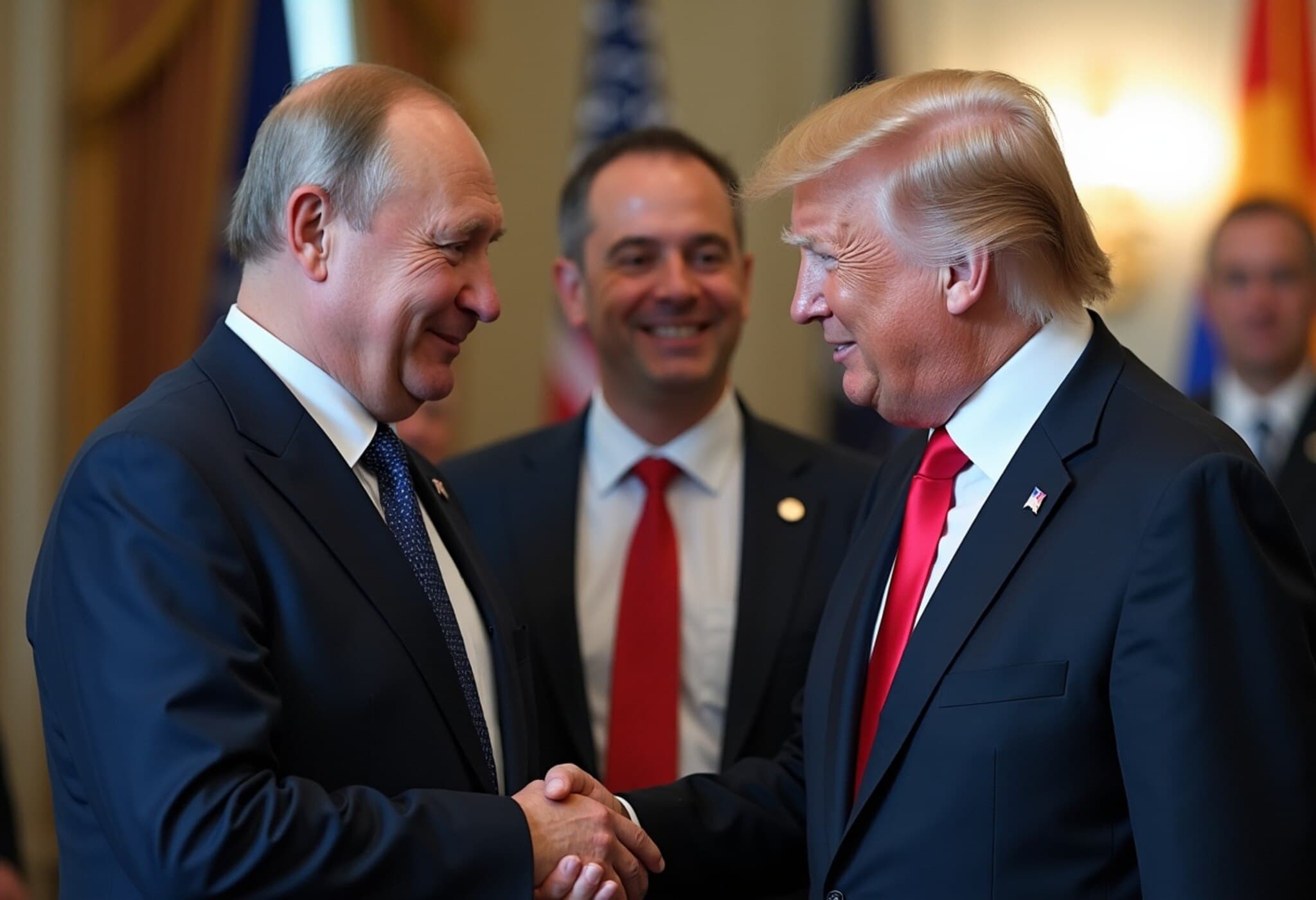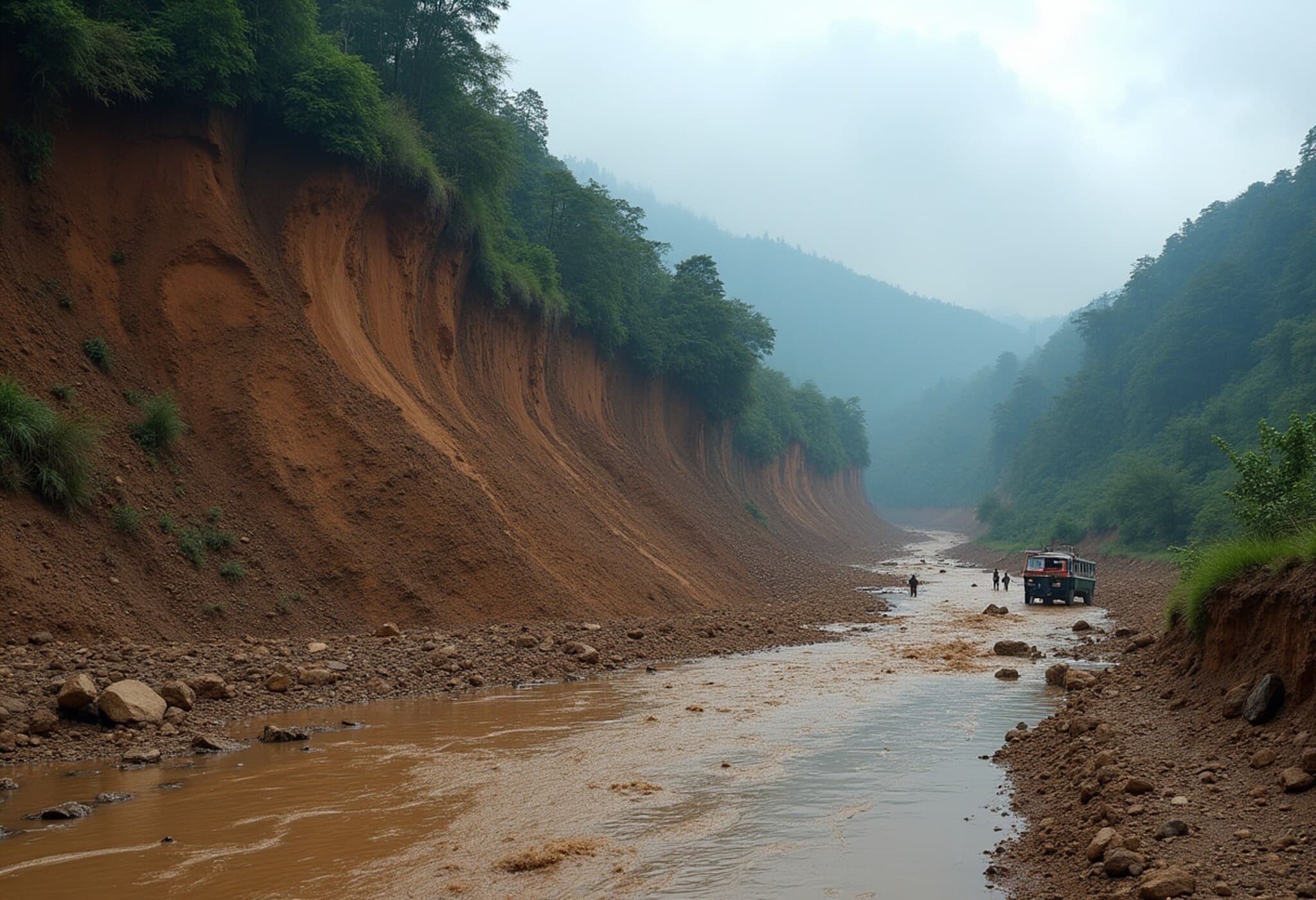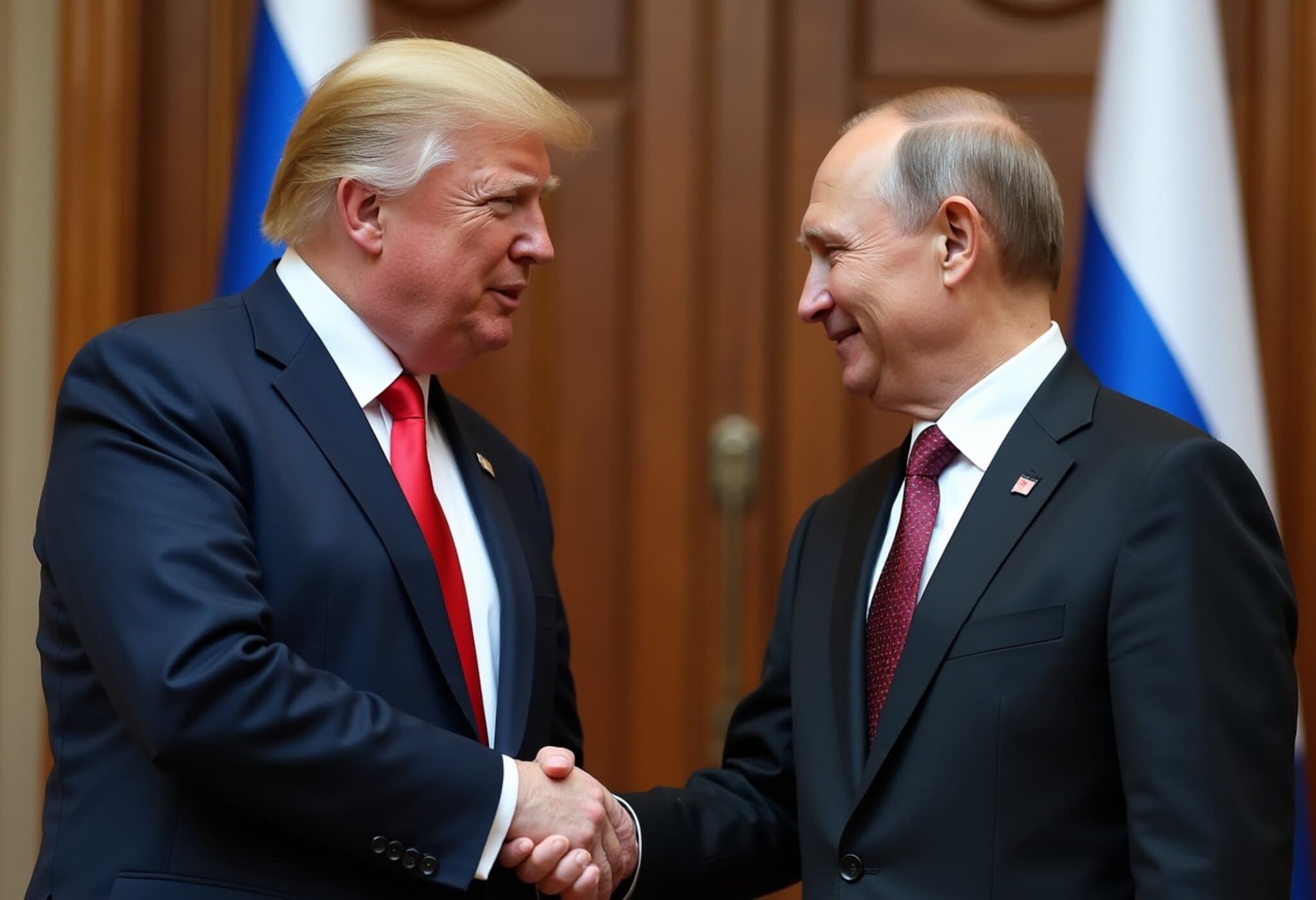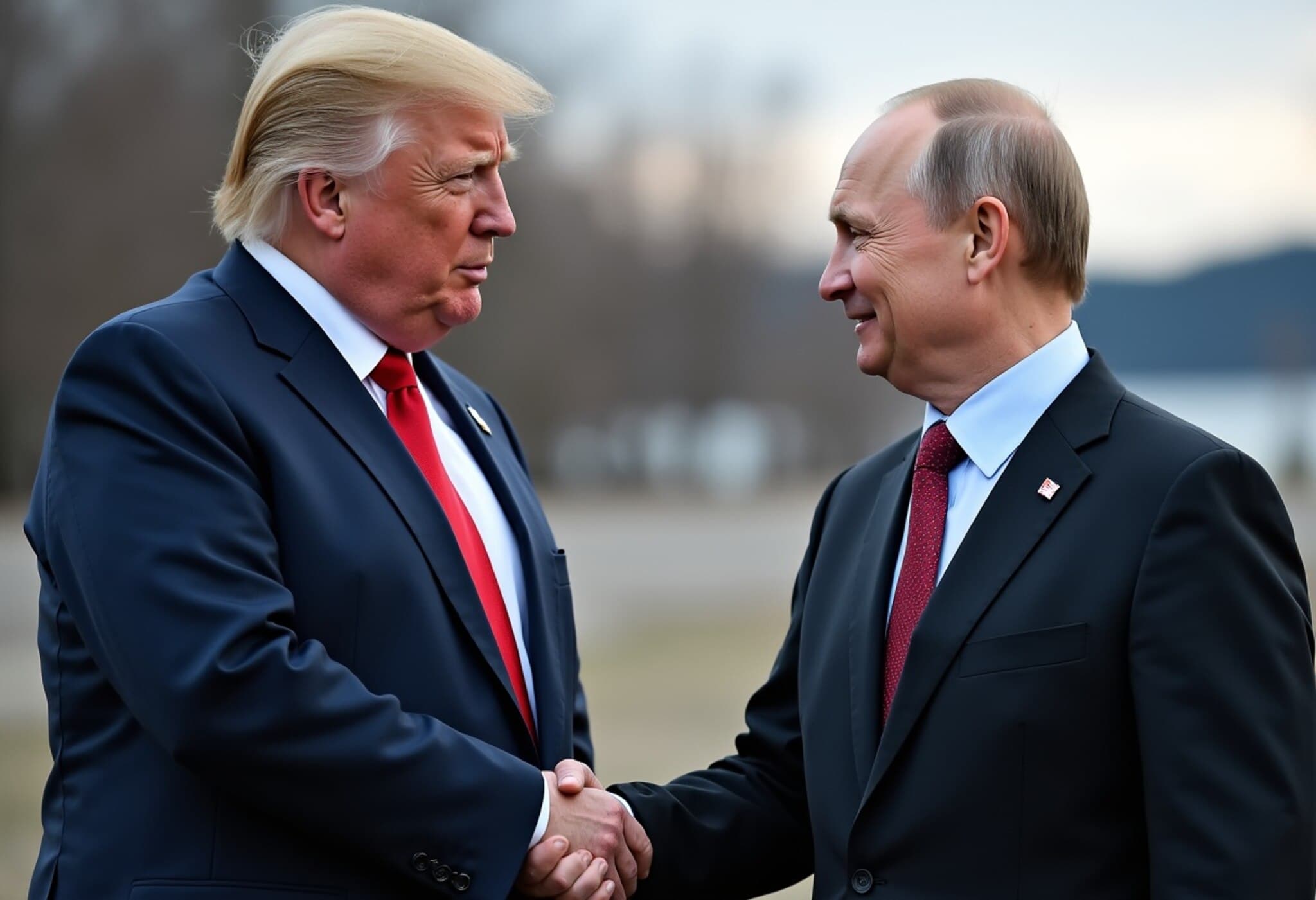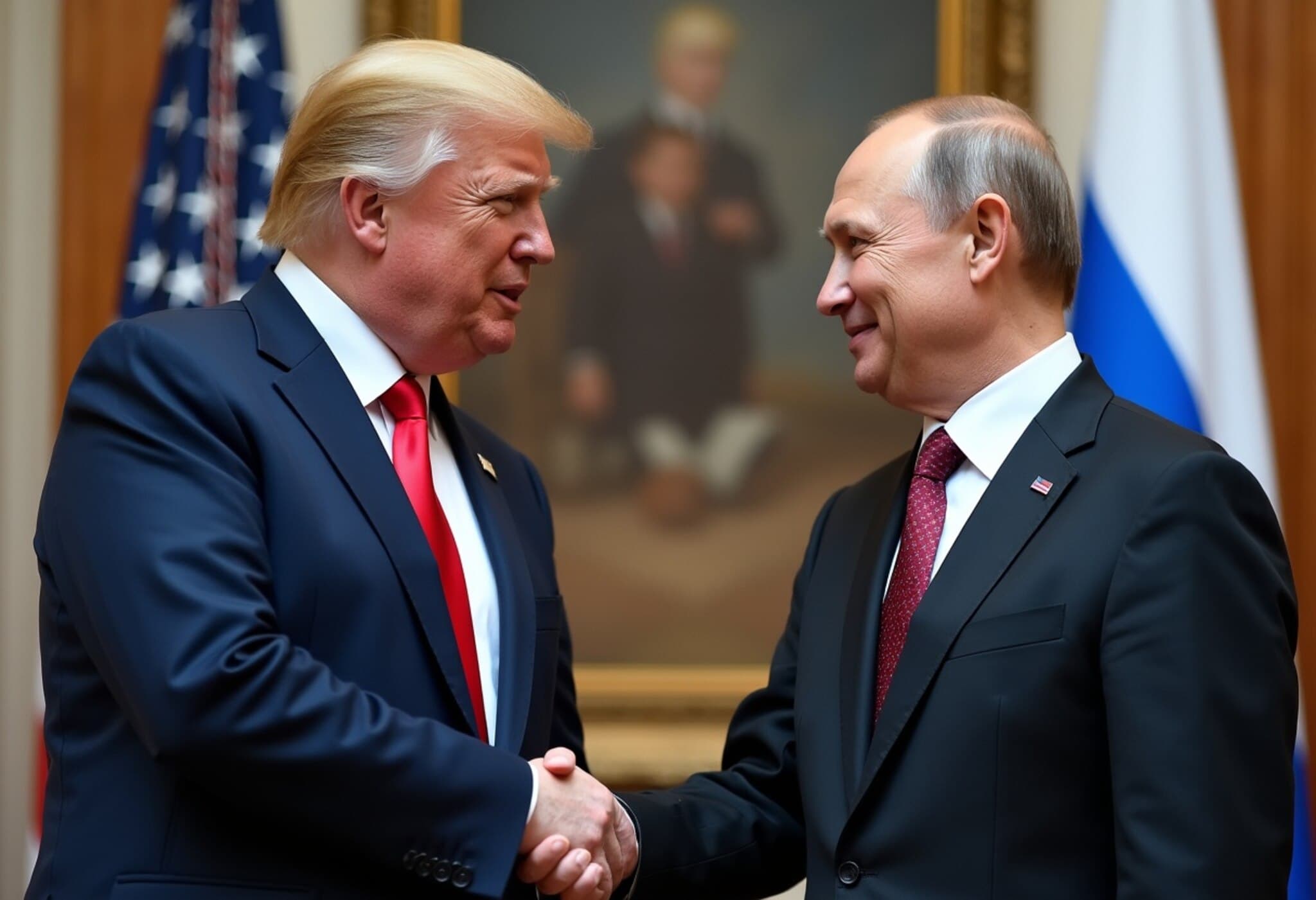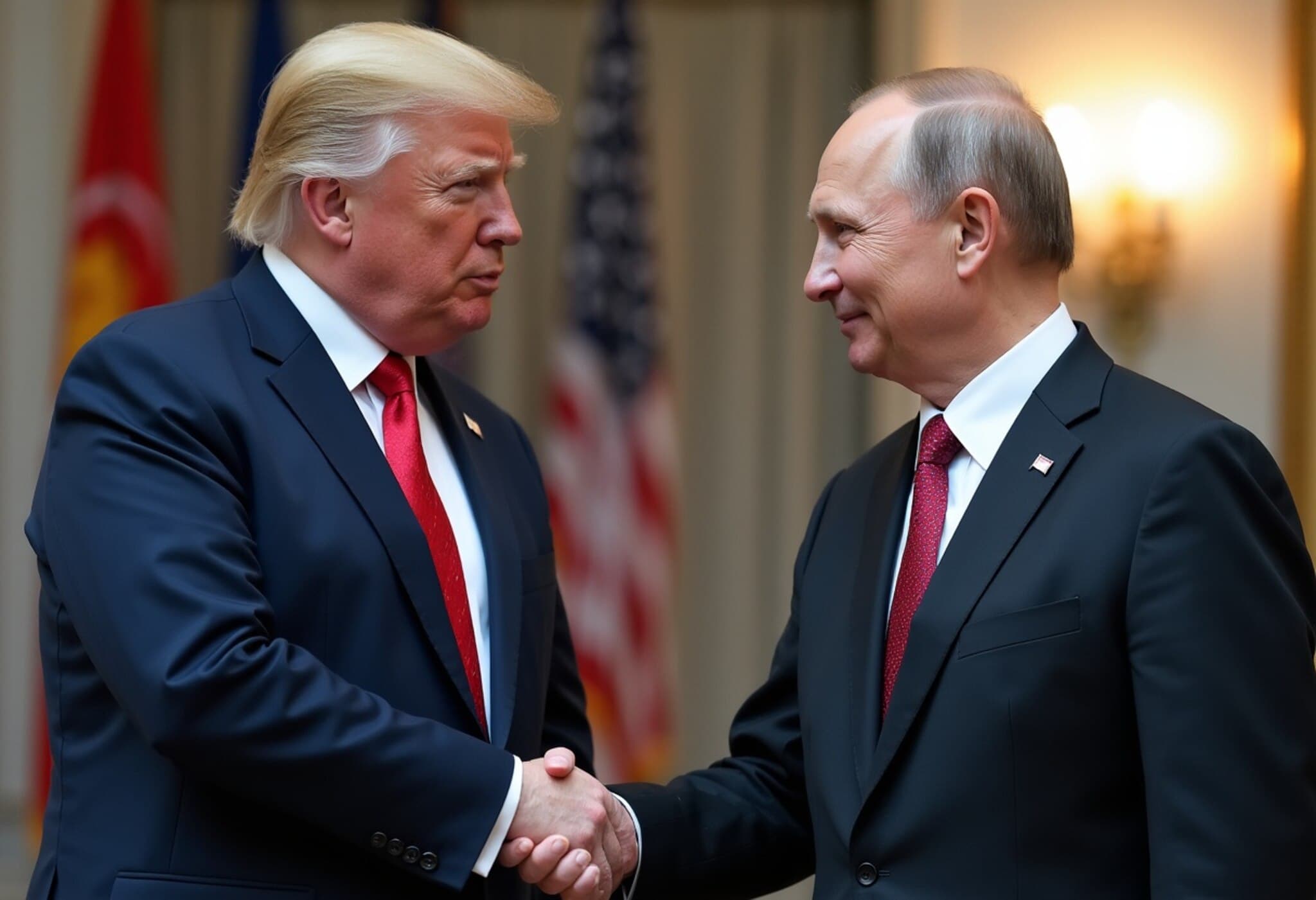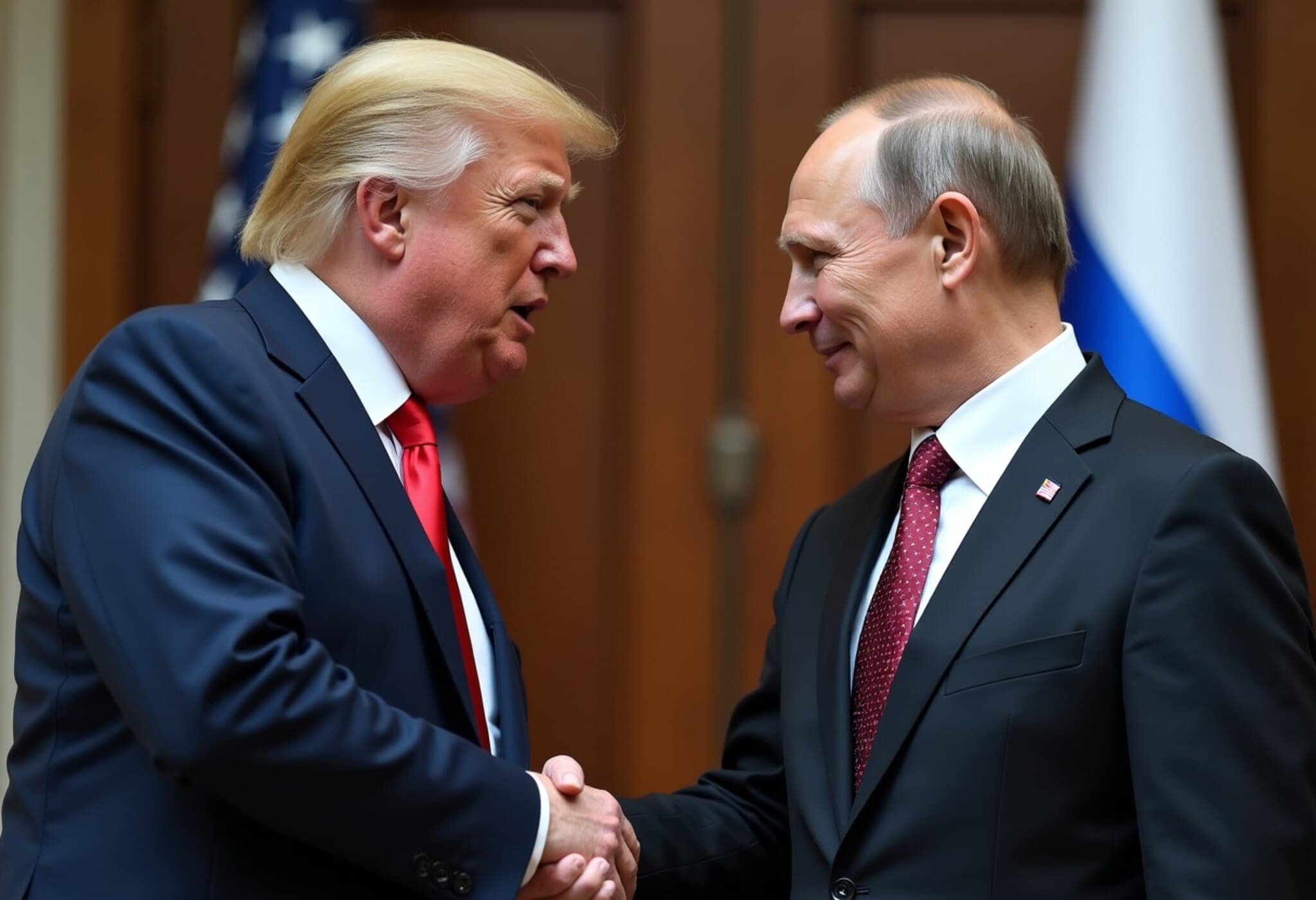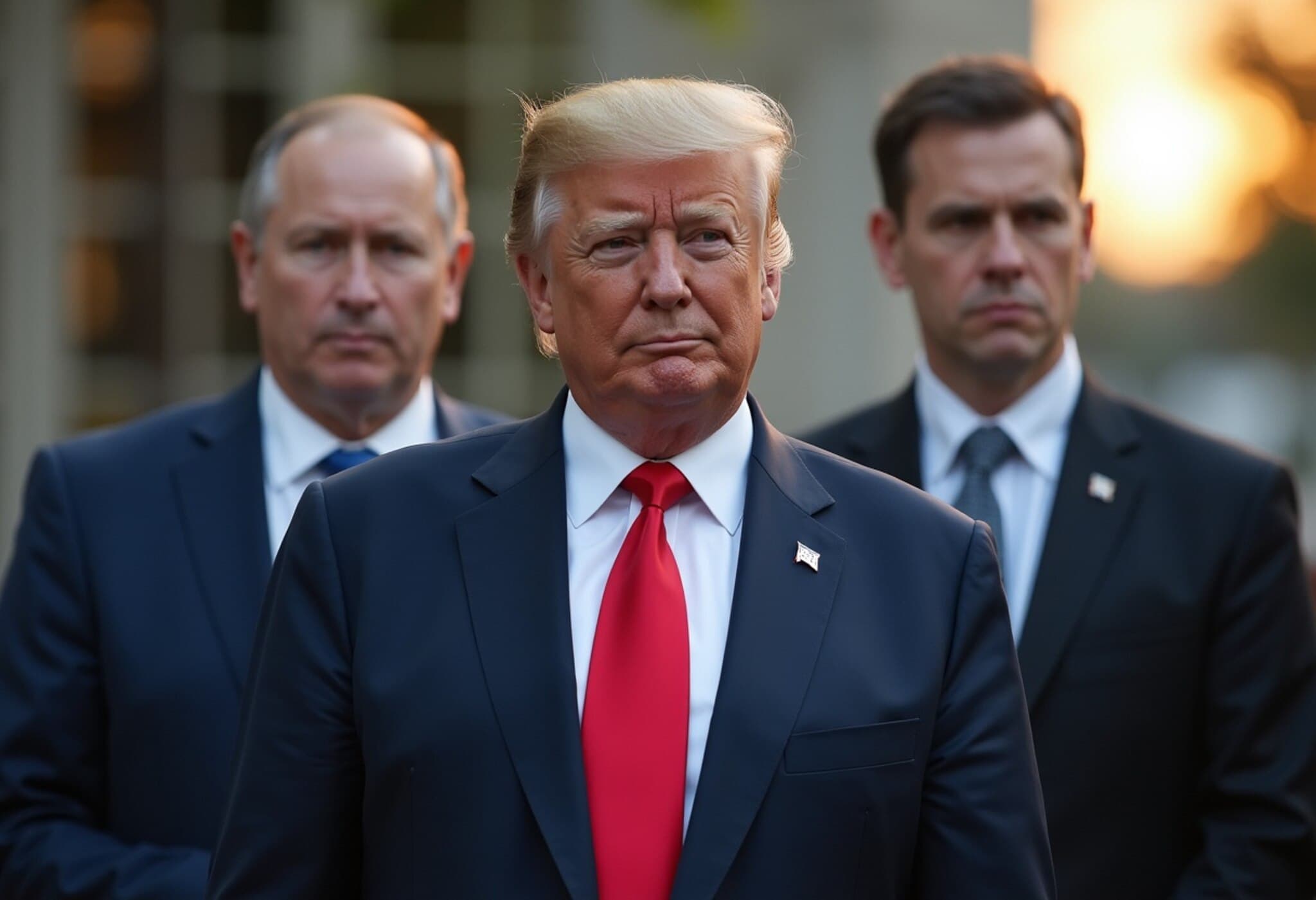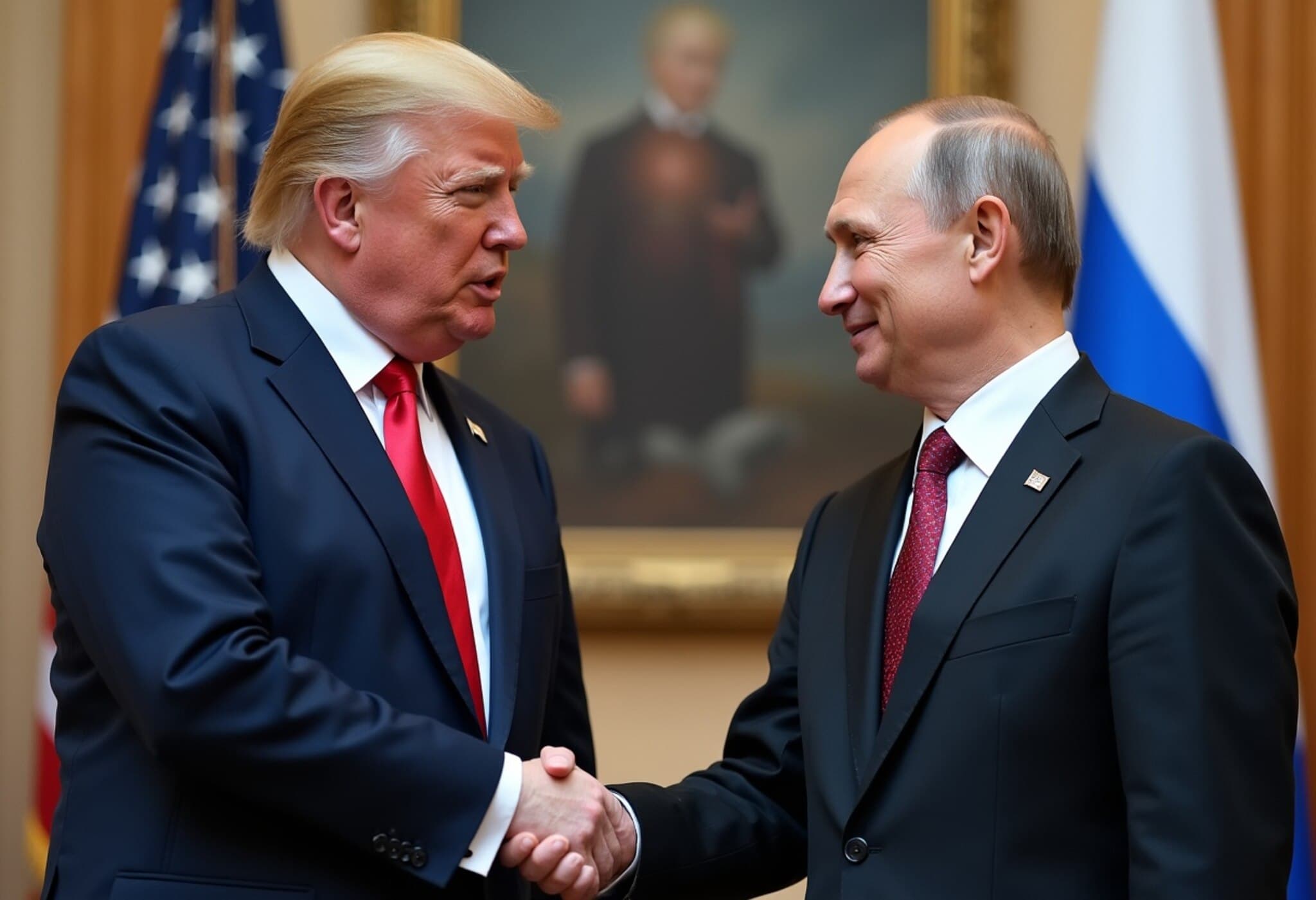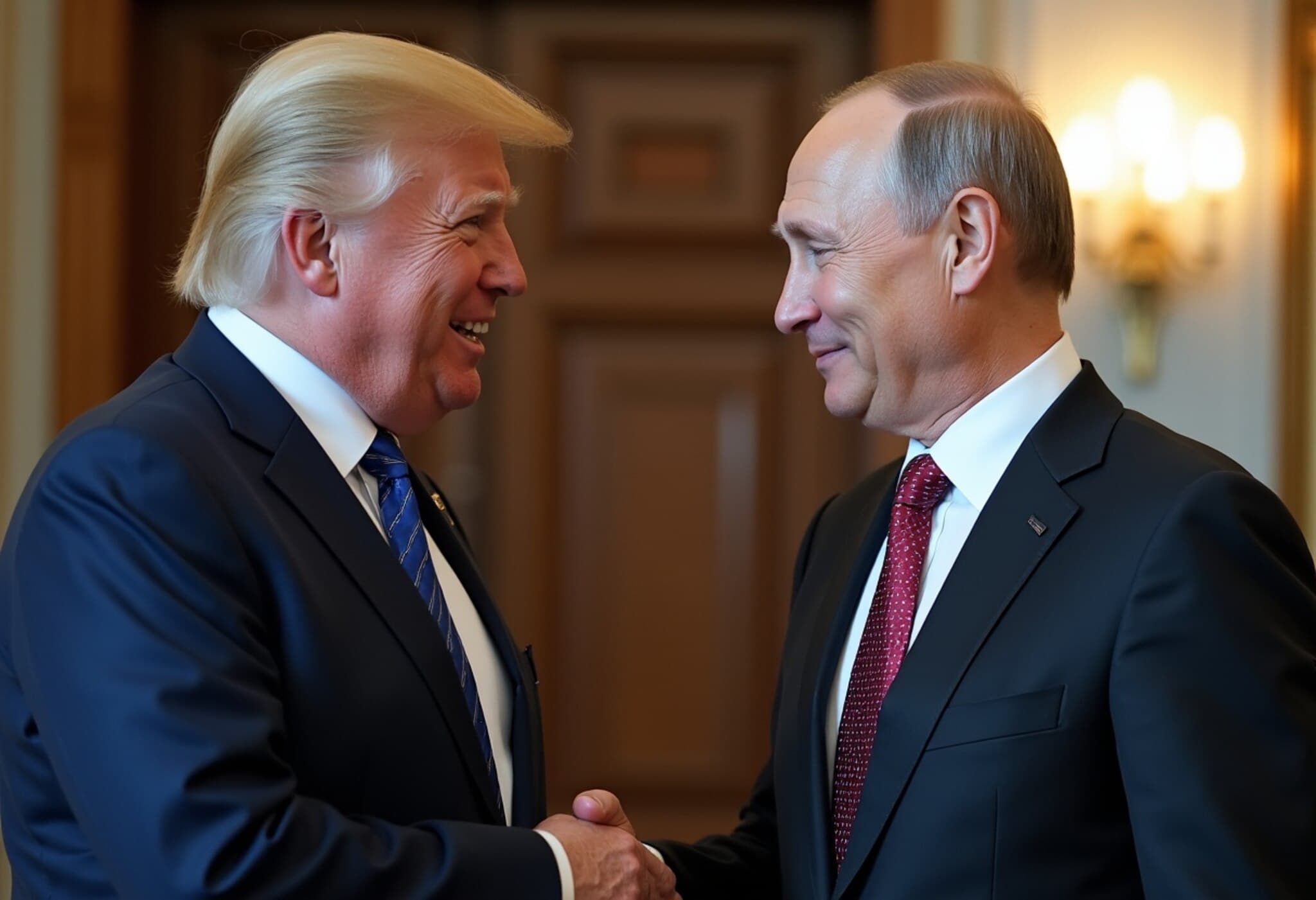Anchorage: A Remote City Thrust into Global Spotlight
Anchorage, Alaska—a city known for its breathtaking wilderness and a population shy of 300,000—is suddenly on the world’s geopolitical map. This quiet, often overlooked northern city becomes the unlikely backdrop for a high-stakes summit between former US President Donald Trump and Russian President Vladimir Putin. The stakes couldn't be higher: conversations here may ripple across the global landscape, impacting the fate of Ukraine and the broader international order.
The Human Pulse: Local Voices Amid Historic Tensions
Just steps away from the Elmendorf Air Force Base where the summit took place, the Dark Horse Cafe buzzes with a sense of urgency and conviction. Run by mother-daughter duo Karin and Jessica Johnson, this cozy establishment is emblazoned with an “I Stand With Ukraine” banner—an emblem of local sentiment reflecting Alaska's unique position near the Russian border.
Jessica, a third-generation Alaskan, shares a profound discomfort about hosting Putin. “I don’t trust his intentions,” she says bluntly. Karin reflects on the moral landscape, drawing uneasy parallels in US political history, yet underscoring the dishonor in sidelining Ukraine entirely from peace talks. Their voices embody a broader anxiety felt by many locals who keenly grasp the gravity of Russia’s ongoing aggression and the human cost borne by Ukrainians.
Historical Resonances: Alaska’s Russian Legacy
Anchorage’s proximity to the Russian Far East—less than 100 kilometers at the closest point across the Bering Strait—lends the summit an unusual historical and cultural depth. Alaska was once a Russian colony, and the shadows of centuries-old conflicts like the 1784 Awa’uq massacre still linger in collective memory, particularly among Indigenous populations.
Experts highlight how this history shapes Alaskans’ perceptions. Julian Hayda of the Ukrainian charity Razom for Ukraine points out, “To see Russian atrocities repeating in 2025 strikes a deeply personal chord here—making Putin’s presence more than just a headline.” This nuanced local awareness often contrasts sharply with broader American disconnect on issues related to Russian aggression.
Logistical Challenges and Local Impact
The summit’s sudden announcement placed Anchorage under immense pressure. Hotels booked solid, rental cars scarce, and flights spiked in cost—disruptions magnified by the city’s relative isolation and existing tourist influx. The media frenzy outside the civic center underscores Anchorage's transformation overnight from a tranquil hub to a nerve center of international diplomacy and tension.
Political Divides and Public Opinion
While many Alaskans express apprehension or opposition to welcoming Putin, the state’s conservative political leanings add complexity to public attitudes. Professor Gunnar Knapp, an emeritus economist at the University of Alaska, voiced frustration at the platform given to Putin but also observed a significant segment of the population perceives the summit differently.
“There are a lot of folks here who see Trump as a hero,” Knapp notes, “often without fully grasping the international ramifications or the risks inherent in this meeting.” This dichotomy highlights how domestic partisan identities can shape and sometimes obscure nuanced understanding of foreign policy challenges.
Expert Perspectives: The Chess Game of Diplomacy
Trump has characterized the summit as an opening “chess game” with Putin—a probing encounter to assess his intent before a planned second meeting involving Ukrainian President Volodymyr Zelensky. However, skepticism remains high among activists and analysts alike.
Julian Hayda hopes the meeting will reveal Putin’s intransigence, particularly around urgent issues such as the reported abduction of 20,000 Ukrainian children by Russian forces. Echoing a famous 2001 moment when President George W. Bush said he looked Putin in the eyes and sensed his soul, Hayda implores Trump to see the true nature of Putin's motives and recognize the futility of negotiation.
Local Russian-American Community and the Quest for Dialogue
In Anchorage's St. Innocent Russian Orthodox Cathedral, community members like Mark Kalashnikov embody a different facet of the summit’s human story. As a Russian native living in the US, he finds cautious reassurance in efforts to maintain communication and foster prayers for peace. His perspective reminds us that within this tense global conflict, individual lives and shared hopes for resolution persist.
Looking Ahead: Anchorage’s Place in a Complex Geopolitical Puzzle
The summit in Anchorage is more than a fleeting headline. It is a convergence of historical legacies, deep local sentiments, geopolitical strategy, and the urgent human cost of war. For the people of Alaska, this moment illuminates the intersection of global tensions with their own lived experience on America’s northern frontier.
As the world watches, vital questions loom: Can dialogue born in this remote city foster meaningful progress toward peace? Or will it merely underscore the intractable divides that have fueled conflict?
Editor’s Note
The Anchorage summit highlights how global power struggles reverberate profoundly in unexpected places, touching communities historically intertwined with the issues at hand. The strong local support for Ukraine juxtaposed with partisan divides reveals the complexity of domestic reactions to foreign diplomacy. As the world grapples with the challenges of Russian aggression and fragile peace efforts, paying attention to these nuanced local perspectives enriches our understanding and underscores the human dimension underlying international politics.

